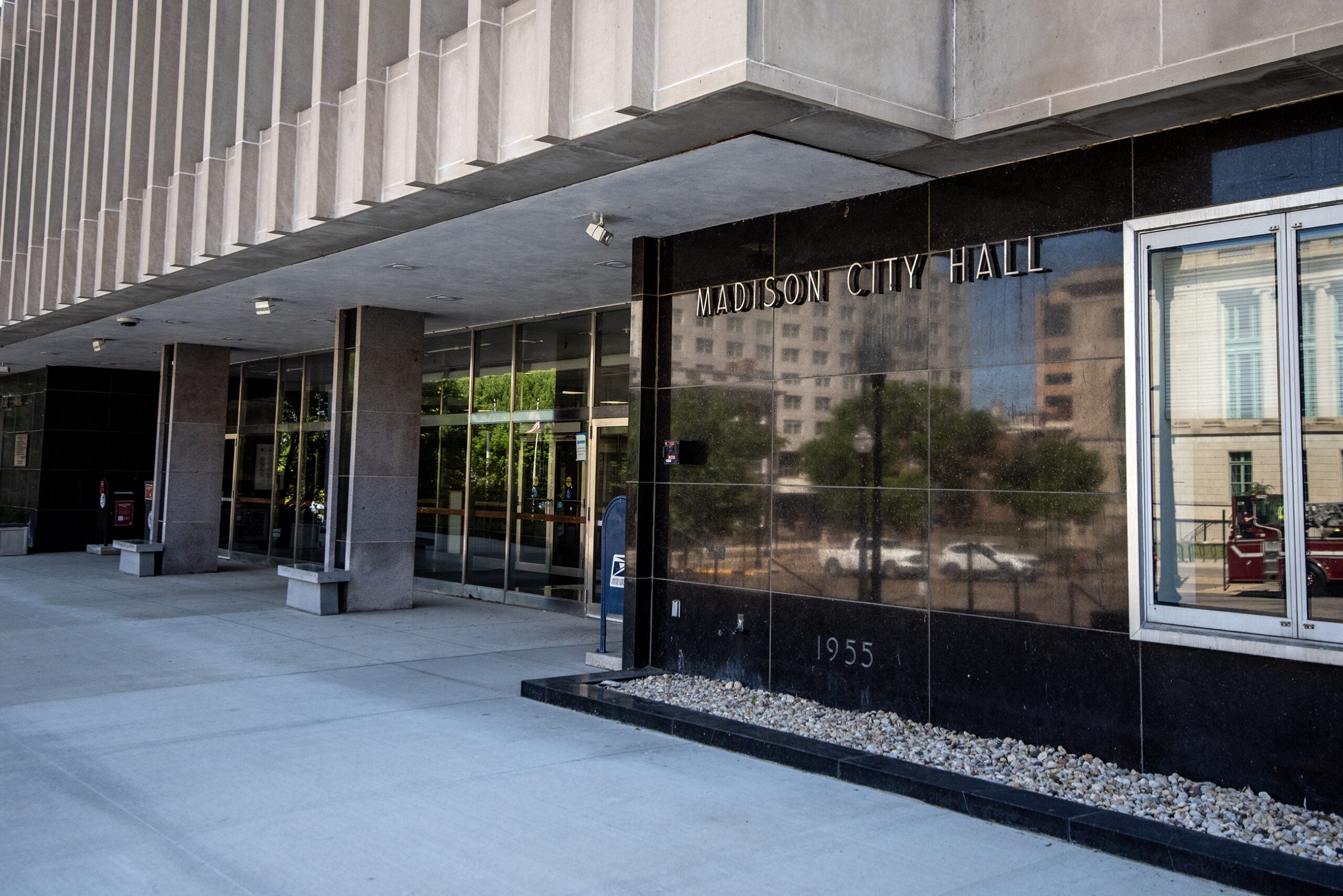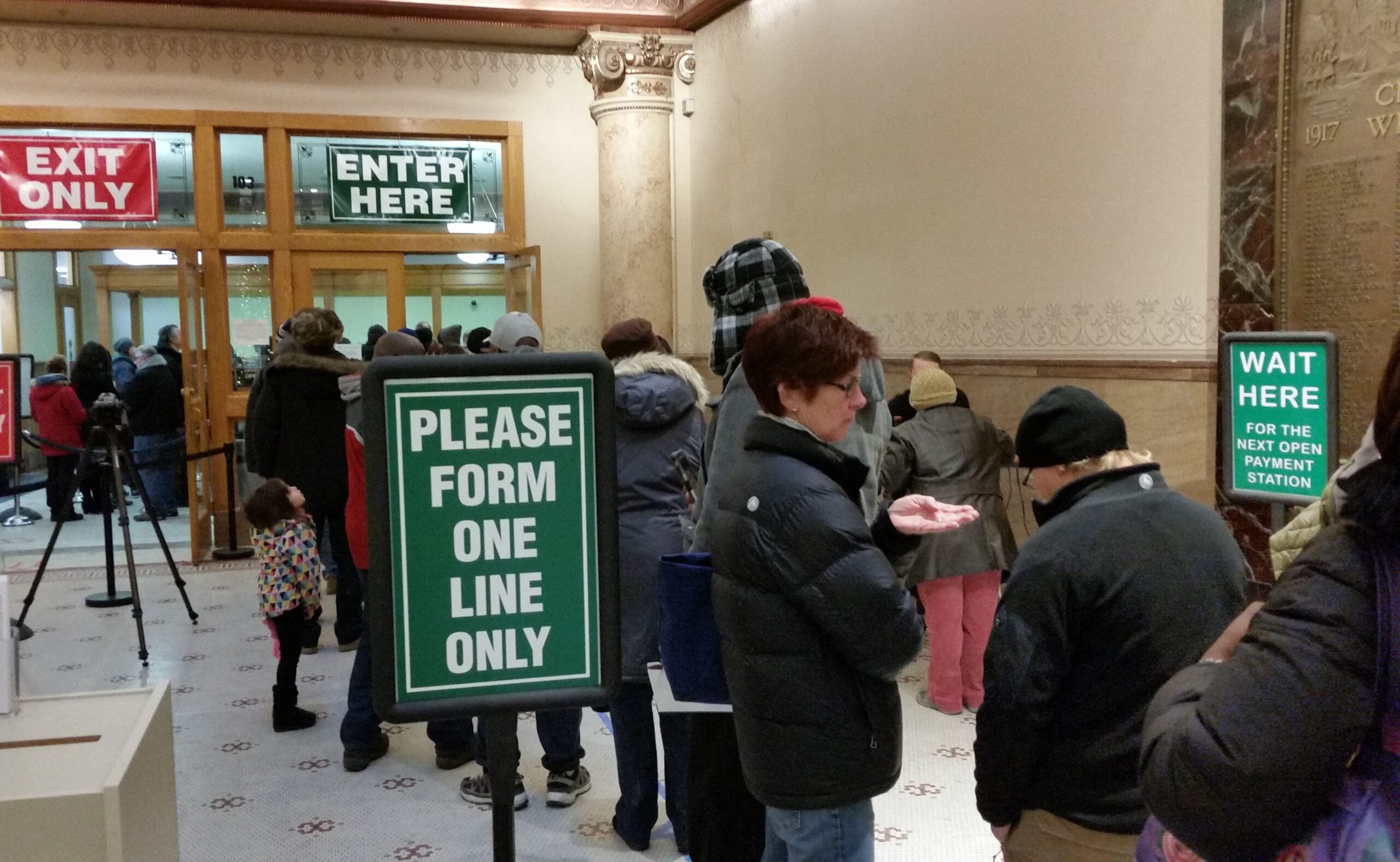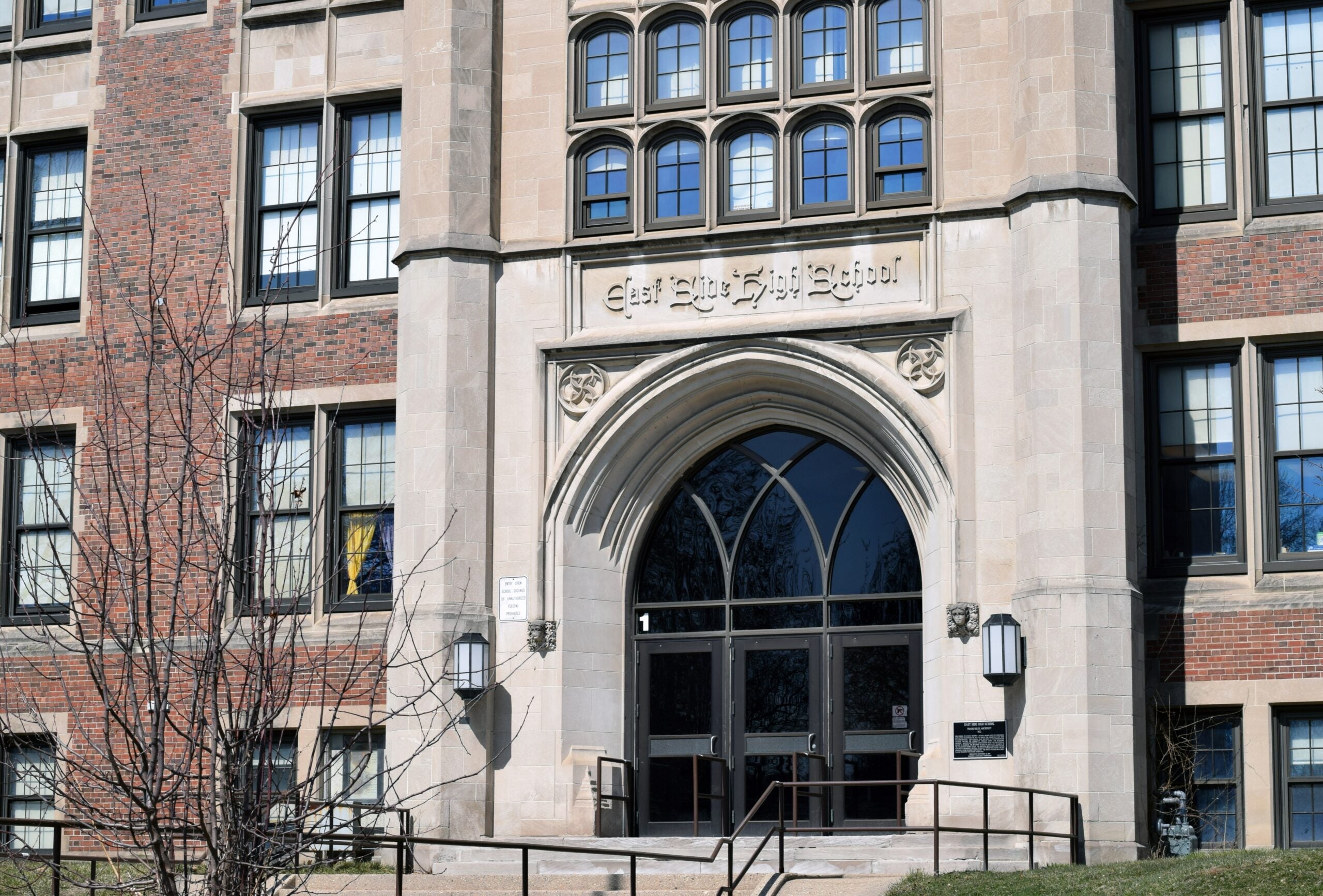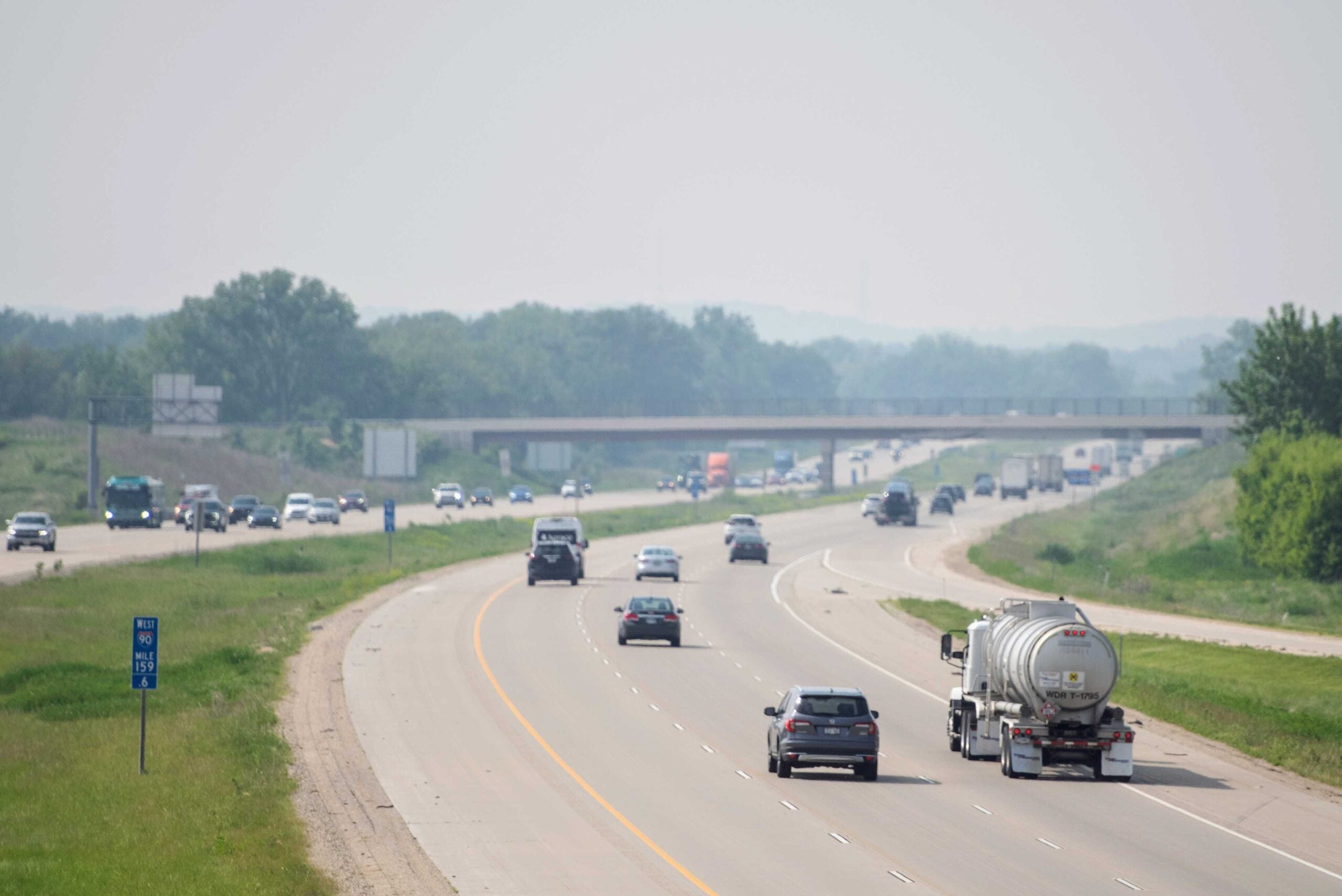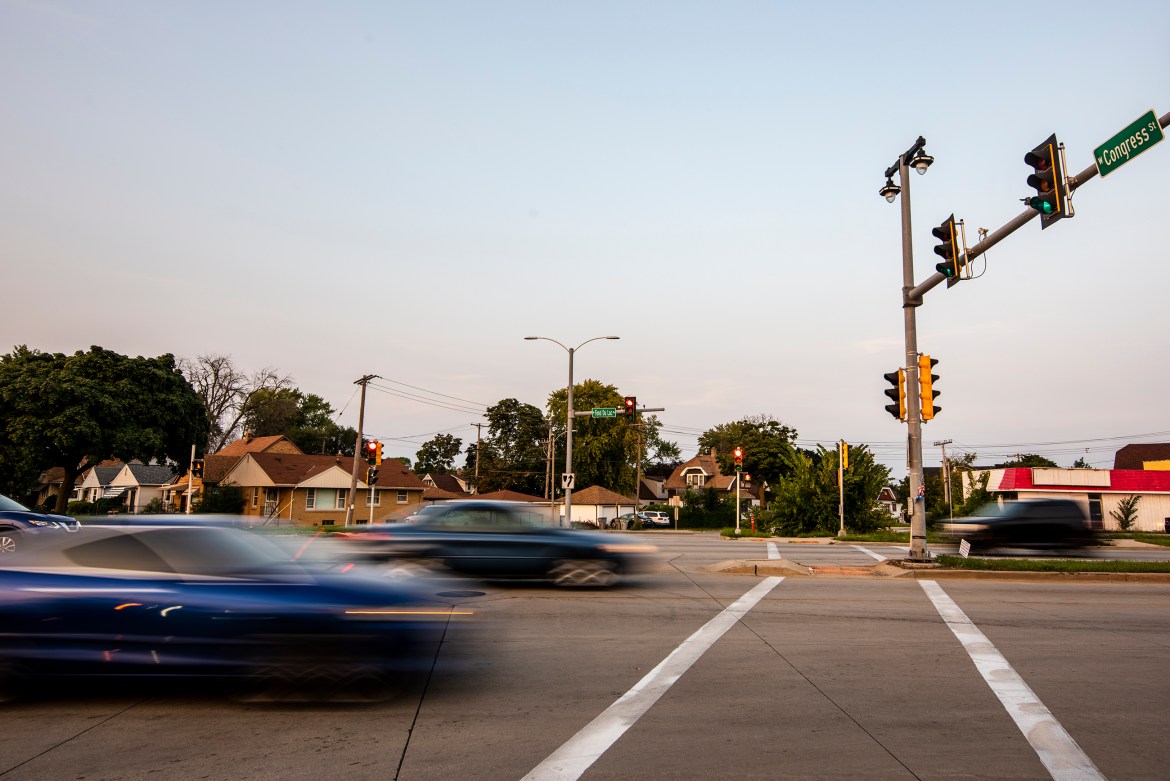Madison voters will decide this fall whether to raise property taxes to avoid cuts to city services.
That’s after the Common Council voted 17-2 this week to place a $22 million proposal on November’s ballot. If approved by voters, the measure would bump up property taxes for the average Madison homeowner by an estimated $240 a year.
Proponents say the increase to Madison’s property tax limit is needed to offset a growing budget shortfall, fueled by limited state revenue, waning pandemic aid and the growing needs of an expanding population.
News with a little more humanity
WPR’s “Wisconsin Today” newsletter keeps you connected to the state you love without feeling overwhelmed. No paywall. No agenda. No corporate filter.
In a statement Tuesday night, Madison Mayor Satya Rhodes-Conway praised the Common Council for making the “difficult decision” to bring the measure to voters.
“The approval of a referendum in November is the only budgetary path in 2025 that protects our values as a community, while we work to address the chronic underfunding of local governments at the state level,” the mayor said.
If the measure fails, Madison could slash spending by $6 million in 2025, which could include 60 layoffs, according to city budget documents.
Among other potential cuts, city officials have discussed downsizing the police and fire departments and closing all libraries on Sundays.
But, if the referendum passes, city officials say Madison could avoid cuts to services until at least 2030. That plan also calls for adding special fees billed to property owners starting in 2027, and for taking about $25 million from the city’s rainy day fund over five years.
During a public hearing earlier this month, Dan Rolfs called for passage of the referendum, adding that Madison faces a choice “about what kind of community we’re going to be.” Rolfs represents some City of Madison employees as a union president for the Madison Professional & Supervisory Employees Association.
“Will we continue to have the same high quality, high level of services we’ve all enjoyed for as long as we can remember?” he asked the Common Council. “Or will we start to slide, reduce library hours, large item pickup, public safety, park maintenance, facility maintenance?”
But Madison resident James Ganther spoke out against the measure during a Common Council meeting earlier this month, warning that the city should instead focus on keeping spending in check.
By increasing taxes, he said, Madison could cause landlords to pass their added costs onto tenants.
“Madison rents are already sky high,” he said. “Rent increases keep going higher and higher and higher, and the city is going to exacerbate them if it passes this referendum.”
Proposal to appear alongside 2 tax questions from school district
The city’s proposal won’t be the only tax question on Madison’s November ballots.
For the first time ever, Madison voters will be asked to consider both city and school-related property tax levies during the same election.
In June, the Madison Metropolitan School District voted to put two referendums on the November ballot totaling more than $600 million.
The first, for $100 million, would help the school district cover its operating costs. The second, for $507 million, would renovate and replace aging buildings.
The school referendums would be “unprecedented in size and scope in district history,” according to an analysis from the Wisconsin Policy Forum.
Editor’s note: Corrinne Hess contributed reporting to this story.
Wisconsin Public Radio, © Copyright 2025, Board of Regents of the University of Wisconsin System and Wisconsin Educational Communications Board.

